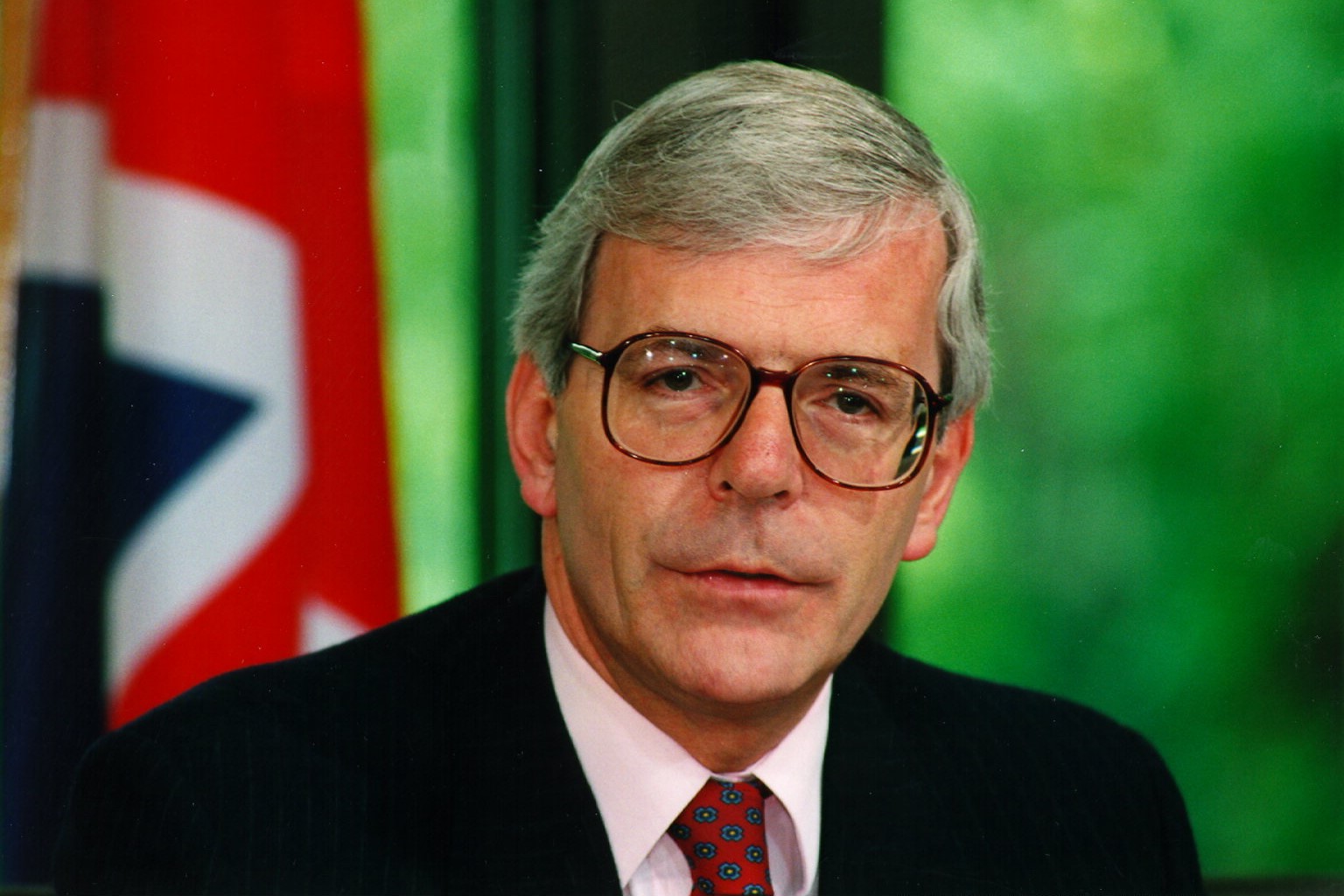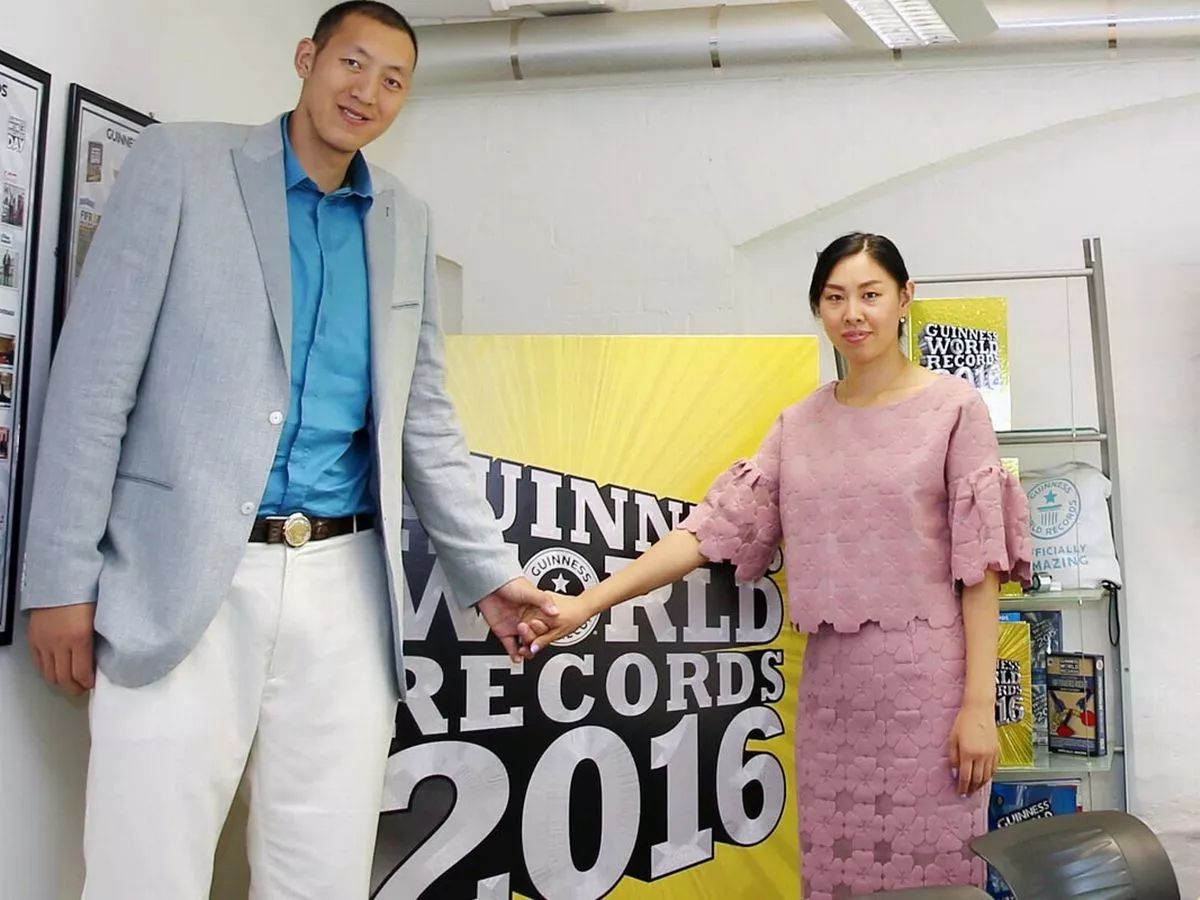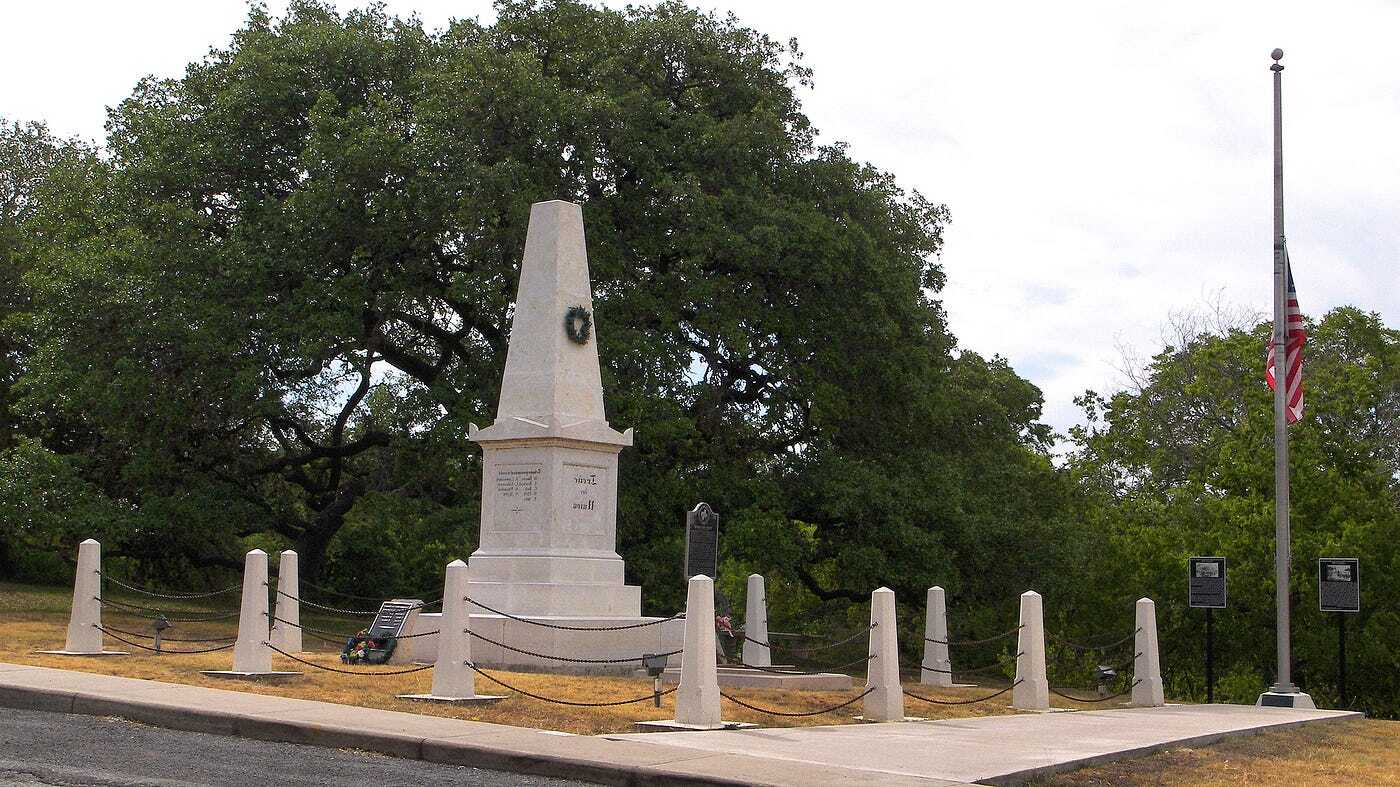
Who is John Major? Born on March 29, 1943, in St Helier, Surrey, England, Sir John Major is a British former politician who served as the Prime Minister of the United Kingdom from 1990 to 1997. Major's journey from humble beginnings to the highest office in the land is a tale of determination and resilience. His father, a trapeze artist and garden gnome maker, and his early departure from school at 15 to support his family, shaped his pragmatic approach to life and politics. Major's tenure as Prime Minister was marked by economic challenges, political upheaval, and significant contributions to the Northern Ireland peace process.
Key Takeaways:
- John Major's diverse early career experiences, from insurance clerk to overseas banker, shaped his broad perspective on life and work, leading to his rapid rise in the Conservative Party.
- Major's legacy is marked by economic challenges, significant social initiatives, and a complex mix of achievements and criticisms, continuing to influence through his writings and public engagements.
Early Life and Education
John Major's journey from a modest background to the highest office in the UK is inspiring. His early life and education played a significant role in shaping his character and career.
- Birth and Early Life: Born on March 29, 1943, in St Helier, Surrey, England, Major came from a family with a unique background. His father was a trapeze artist and self-employed businessman who made garden gnomes.
- Education: Major attended Cheam Primary School and Rutlish Grammar School. He left school at 15 to support his family, showcasing his early sense of responsibility.
Early Career
Before diving into politics, Major's varied career experiences provided him with a broad perspective on life and work.
- Insurance Clerk and Trainee Accountant: Major worked as an insurance clerk and trainee accountant, gaining early financial skills.
- General Labourer and Overseas Banker: He also took on roles as a general labourer and overseas banker, which broadened his understanding of different industries.
- Branch Manager at Standard Chartered Bank: Major eventually became a branch manager for Standard Chartered Bank, a role that honed his leadership and management skills.
Entry into Politics
Major's political career began with a few setbacks but quickly gained momentum.
- First Parliamentary Run: Major first stood for Parliament in 1974 but did not win.
- Member of Parliament for Huntingdon: He secured a seat in the House of Commons during the Conservative Party landslide of 1979, representing Huntingdon until 2001.
Rapid Rise Through the Conservative Party
Major's ascent within the Conservative Party was swift and marked by several key appointments.
- Junior Minister: In 1986, Major became a junior minister, marking the beginning of his rapid rise.
- Chief Secretary to the Treasury: By 1987, he was appointed chief secretary to the Treasury.
- Foreign Secretary: In July 1989, Margaret Thatcher appointed him foreign secretary.
- Chancellor of the Exchequer: Just three months later, he became chancellor of the Exchequer, a critical role in managing the nation's finances.
Prime Minister of the United Kingdom
Major's tenure as Prime Minister was marked by significant challenges and achievements.
- Becoming Prime Minister: After Margaret Thatcher's resignation, Major won the Conservative Party leadership contest and became Prime Minister on November 28, 1990.
- Leadership Style: Major was known for his pragmatic and consensus-oriented approach, differing from Thatcher's more rigid style.
- Economic Challenges: His early years in office coincided with an extended economic recession from 1990 to 1993.
- Economic Recovery: Despite initial struggles, his government implemented policies that led to economic recovery in the mid-1990s, characterized by steady growth and low inflation.
- Tax Increases: Major's government introduced large tax increases in 1993, which were unpopular and contributed to his low poll ratings.
Contributions to Peace and Social Issues
Major's efforts extended beyond economic policies to significant social and peace initiatives.
- Northern Ireland Peace Process: Major played a crucial role in the joint British-Irish initiative that led to a temporary cease-fire in Northern Ireland in 1995-96.
- Social Security Minister: Before rising to senior positions, Major served as a Social Security Minister, focusing on welfare issues.
Personal Life and Interests
Major's personal life and interests reveal a more relatable and human side of the former Prime Minister.
- Marriage and Family: Major married Norma Johnson in 1970, and they have two children together.
- Cricket Enthusiast: A passionate cricket fan, Major served as President of Surrey County Cricket Club and was involved with the Marylebone Cricket Club.
- Music Hall: Major also has a deep love for music hall, a popular form of entertainment in Britain.
Post-Prime Ministerial Activities
After leaving office, Major continued to contribute to various fields through writing, charity work, and business interests.
- Autobiography: In 1999, Major published an autobiography that was well received.
- Books on Cricket and Music Hall: He wrote More Than a Game: The Story of Cricket's Early Years in 2007 and My Old Man: A Personal History of Music Hall in 2012.
- Charity Work: Major has been involved in numerous charities, including Asthma UK and the Prostate Cancer Charity.
- Business Interests: He has held senior advisory roles at Credit Suisse, Global Infrastructure Partners, and other companies.
Honors and Legacy
Major's contributions have been recognized through various honors and his lasting impact on British politics.
- Knighthood: Major was knighted in 2005 for his services to politics and charity.
- Order of the Companions of Honour: He is a member of this prestigious order, recognizing his significant contributions.
- Privy Council of the United Kingdom: Major is also a member of the Privy Council, an advisory body to the monarch.
Critiques and Legacy
Major's time in office was not without criticism, but his legacy remains significant.
- Critiques of His Premiership: Major faced criticism for his perceived indecisiveness and failure to stand firm on certain conservative principles.
- Economic Recovery: Despite criticisms, Major's policies led to economic recovery in the mid-1990s.
- Northern Ireland Peace Process: His role in the Northern Ireland peace process is considered a significant achievement.
- Complex Legacy: Major's legacy is complex, with both achievements and criticisms shaping his time in office.
Continued Influence
Even after leaving politics, Major's influence continues through his writings and public engagements.
- Writing Career: Major has written several books, including his autobiography and works on cricket and music hall.
- Public Speaking: He continues to engage in public speaking, sharing his insights on politics and current affairs.
Family Background
Major's family background is unique and contributed to his diverse perspective on life.
- Father's Occupation: Major's father was a trapeze artist and self-employed businessman who made garden gnomes.
- Mother's Role: His mother was a housewife, providing a stable home environment.
Political Roles
Major held various important roles throughout his political career.
- Chief Secretary to the Treasury: Major served as Chief Secretary to the Treasury from 1987 to 1989.
- Foreign Secretary: He briefly held the position of Foreign Secretary in 1989.
- Chancellor of the Exchequer: Major was Chancellor of the Exchequer from 1989 to 1990.
- Prime Minister: Major served as Prime Minister from 1990 to 1997, leading the country through significant economic and political challenges.
Major's Legacy in British Politics
John Major's journey from humble beginnings to the highest office in the UK is a testament to his resilience and dedication. His tenure as Prime Minister saw significant economic challenges, yet he managed to steer the country towards recovery. Major's role in the Northern Ireland peace process remains a notable achievement, showcasing his commitment to peace and stability. Beyond politics, his passion for cricket and charity work highlights a multifaceted personality dedicated to various causes. Despite criticisms, Major's pragmatic approach and efforts in governance left an indelible mark on British politics. His legacy continues to be a subject of study and debate, reflecting the complexities of his time in office. Major's story is one of perseverance, marked by significant contributions to both his country and various charitable endeavors.
Frequently Asked Questions
Was this page helpful?
Our commitment to delivering trustworthy and engaging content is at the heart of what we do. Each fact on our site is contributed by real users like you, bringing a wealth of diverse insights and information. To ensure the highest standards of accuracy and reliability, our dedicated editors meticulously review each submission. This process guarantees that the facts we share are not only fascinating but also credible. Trust in our commitment to quality and authenticity as you explore and learn with us.


